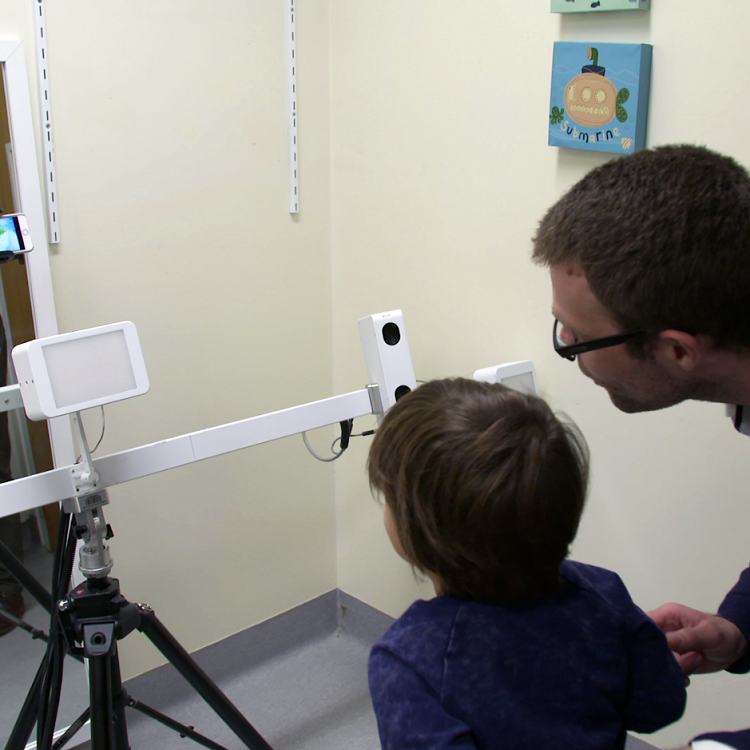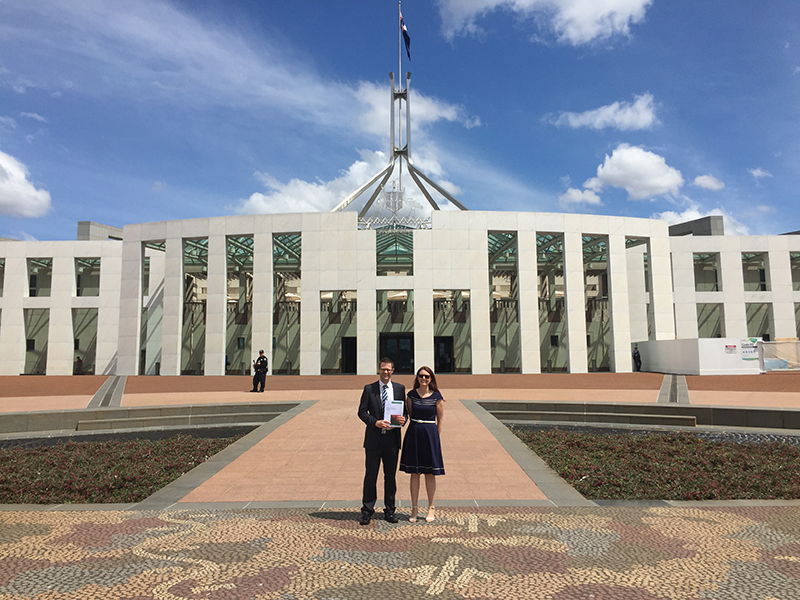Search
Research
Fetal Testosterone, Socio-Emotional Engagement and Language DevelopmentThe present study investigated the relations among fetal testosterone, child socio-emotional engagement and language development...
Research
Perinatal testosterone exposure and autistic-like traits in the general population: a longitudinal pregnancy-cohort studyIncreased prenatal testosterone exposure has been hypothesized as a mechanism underlying autism spectrum disorders (ASD).
Research
Does cerebral lateralization develop? A study using functional transcranial Doppler ultrasound assessingIn the majority of people, language production is lateralized to the left cerebral hemisphere and visuospatial skills to the right.

News & Events
Computer algorithm links facial masculinity to autismA new study led by The Kids Research Institute Australia has found a link between masculine facial features and autism.


News & Events
Study sheds new light on the ‘autism epidemic’ mysteryResearchers have shown that the so called 'autism epidemic' is due to an increase in the diagnosis of children with less severe behavioural symptoms.

News & Events
Launch of National Autism GuidelineResearchers from The Kids Research Institute Australia, working with the Autism CRC, have led the development of the National Guideline for the Assessment and Diagnosis of Autism Spectrum Disorder in Australia which was launched today.

News & Events
The Kids Research Institute Australia’s CliniKids wins national disability awardCliniKids has won the Excellence in Allied Health category at the inaugural National Disability Awards, announced in Melbourne tonight.

News & Events
Autism Researcher a Finalist for Western Australian of the YearProfessor Andrew Whitehouse has been named a finalist in the 2023 Western Australian of the Year Awards for his work in transforming clinical support for autistic children in Australia.
Research
A randomised-controlled trial of a behavioural intervention for optimising social and communication development in newborns at increased likelihood of autism spectrum disordersAndrew Kandice Matt Melissa Videos Whitehouse Watch and listen to Andrew Varcin Cooper Licari PhD M.Psych (Clinical), PhD BCA Marketing, BSc
